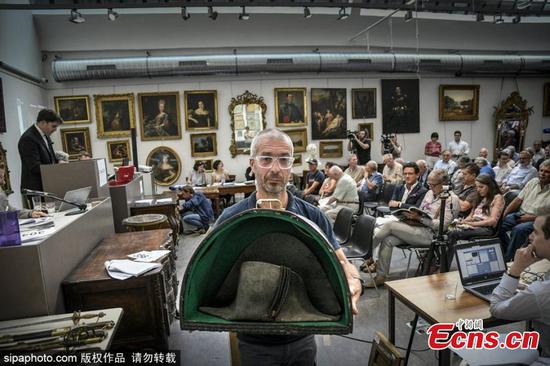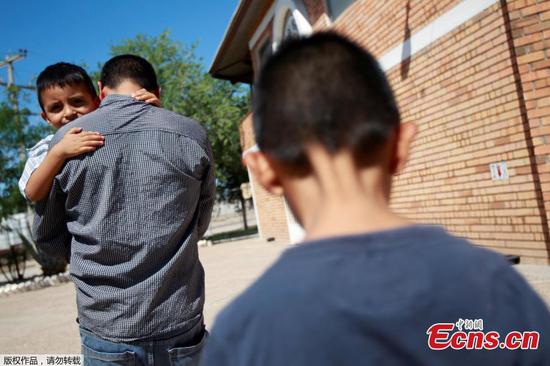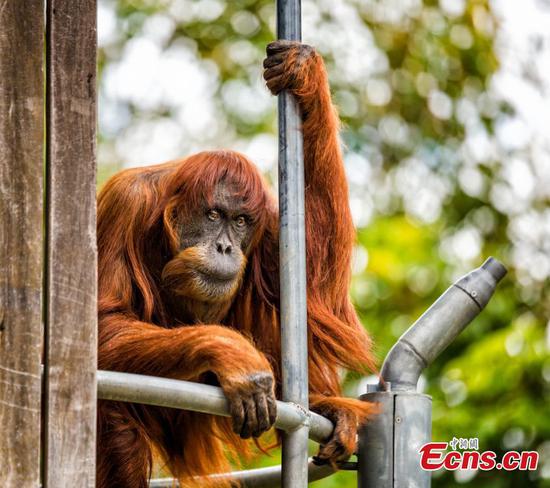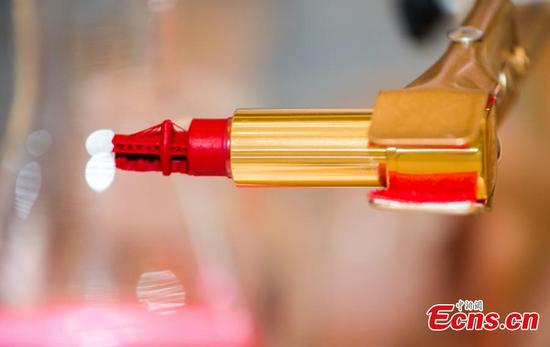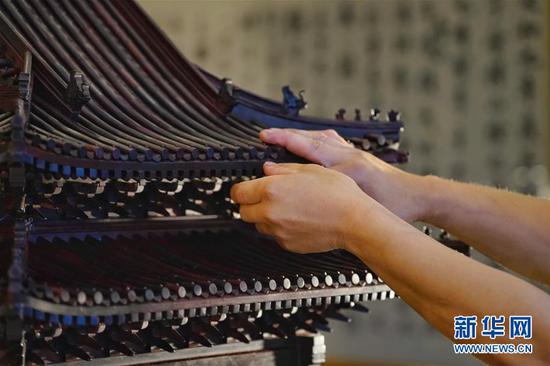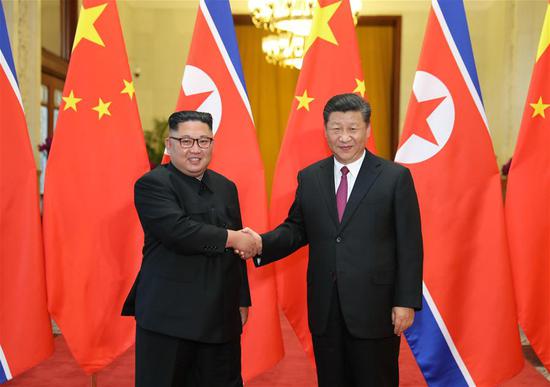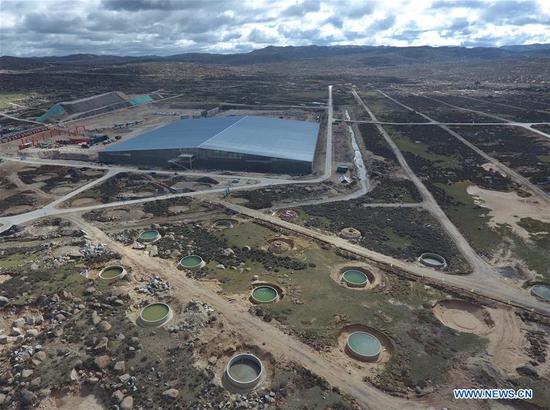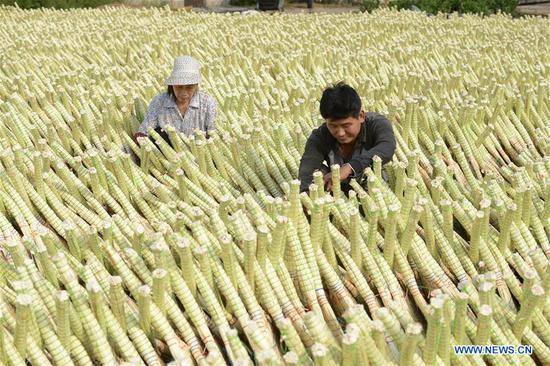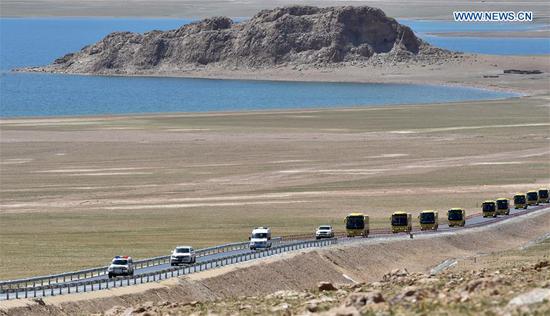Policy tweaks needed when economy transforms: analyst
China's economy is stable and resilient against uncertainties, including the latest trade tensions between China and the U.S., experts said, who called for slight policy adjustments.
Given the stable domestic economy, short-term stock market fluctuations tend to stabilize over time, Hua Changchun, chief economist at Guotai Junan Securities, told the Global Times on Wednesday.
The A-share market improved slightly on Wednesday, following a steep fall the previous trading day. The benchmark Shanghai Component Index rose 0.27 percent to 2,915.73 points, while the Shenzhen Component Index closed 0.92 percent higher at 9,501.34 points.
"Recent stock market fluctuations were mainly caused by uncertainties over Sino-U.S. trade tensions… But the tensions were not as serious in the short term as additional U.S. tariffs on $50 billion in Chinese goods may affect only less than 2 percent of China's exports," Hua said.
However, the current capital market situation is not optimistic. Shenzhen-based financial news site stcn.com reported that by Wednesday, a total of 329 A-shares reached their lowest point since peaking in June 2015.
Many domestic public companies announced that their major shareholders or top management would increase their holdings to bolster prices. As of press time on Wednesday, more than 50 companies announced such a move or share repurchases.
Beijing Huaye Capital Holdings Co said that its dominant shareholder aims to increase its stake by over one percent in the coming six months, and will gradually implement the plan in line with the company's stock price and overall trend of the A-share market, according to a statement on the Shanghai Stock Exchange on Wednesday.
China's economic fundamentals are sound, with strong resilience and a balanced structure between consumption, investment and domestic and external demand, Hua said. After deep adjustments from 2009-16, the country's economic activity has also picked up, he added.
In the first five months of 2018, national retail sales rose 9.5 percent year-on-year to reach 14.9 trillion yuan ($2.3 trillion), and industrial output increased 6.9 percent compared with the same period last year, data from the National Bureau of Statistics showed.
An improvement in the fundamental institutional arrangement for the capital market and the implementation of reform and opening up measures further strengthened the foundation for the long-term operations of the A-share market, experts noted.
226 A-shares were officially added to the MSCI emerging markets indexes on June 1, marking their entry into global capital markets.
Slight policy adjustments
Despite sound economic fundamentals, internal problems still exist and require slight policy adjustments, experts said.
Liang Hong, chief economist of China International Capital Corporation, said policies including deleveraging, environment protection supervision and local infrastructure project reviews may contract economic fundamentals.
China's economy still has space for growth, but if these problems can't be properly dealt with, problems with external demand will add to their woes, Liang told the Global Times on Wednesday.
She said deleveraging should be carried out at the same pace as State-owned enterprise and capital market reform for better results.
As of June 18 this year, 22 bonds have reported defaults worth 20.3 billion yuan, said a TF Securities report, citing Wind data.
In the medium and long-term, China's economy is in an upward phase, Hua said.
China's population quality dividend is helping the country's economic transformation, as the country has 1.5 million science and engineering graduates annually and the country's quality of education is improving. These graduates will support the growth of China's high-end manufacturing industry and structural upgrade, Hua noted.










